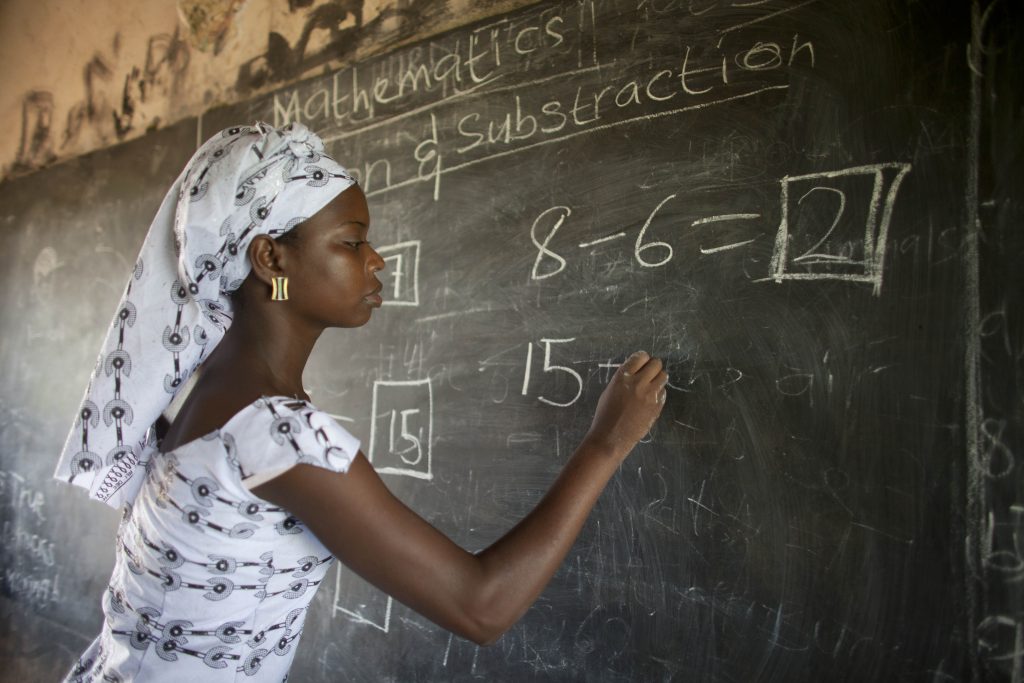A few evenings ago, I was catching up with a senior USAID official who has worked with the agency over the course of several administrations.
She expressed a lot of appreciation and support for ActionAid and our model of development, human rights defense and work towards global justice. She also asked me again why we don’t take USAID funding.
When talking with this bright, committed development leader I had a moment of appreciation for all of the many career USAID workers that believe in the current mission statement – working to “partner to end extreme poverty and promote resilient democratic societies”.
Of course, this statement goes on to say “while advancing our security and prosperity”. The emphasis on this statement, however, is the work to end poverty and promote resilience.
The next morning I woke up to the news that the Trump Administration is in the process of revising USAID’s mission statement, and I was grateful once again that we take a principled stand not to take USAID money.
The current draft – which USAID and others will feed back on – puts U.S. national security and economic prosperity front and center, and then goes on to speak to investments that can “save lives, foster inclusive economic growth, reduce poverty, and strengthen democratic governance”. The statement ends with an eye to helping countries to progress in the future without assistance.
This revised draft – that seems to shift the emphasis to “America First” priorities of our national security and our economic prosperity – is exactly why ActionAid cannot accept their money. Our priority is the amazing local problem solvers, activists and advocates that are on the front lines of poverty and exclusion.
We invest in the solutions they are generating. And it’s by investing in some of the world’s poorest people, who are powerful in their pursuit of justice, peace and economic growth, that we can reverse the growing inequality between nations like the United States and impoverished countries around the world.
When you take this new draft mission statement in the context of the Trump Administration’s proposed budget cuts aid to Africa and increases in military spending, you can see where this is all heading.
If USAID is forced to think of national security and economic prosperity for Americans and American companies abroad, which leads to procurement policies that channel “aid” money back to subsidize American companies – leaving precious little for investments in local economies, it will mean that U.S. aid does little to reduce poverty and inequality.
Instead, it will play a part in widening the gap between our country and others. This does little to help countries become free from aid and self-sustaining.
There are certainly some great USAID funded projects running in many of the countries in which we work – but they will be increasingly hampered by policies like the “Global Gag Rule“, which prohibits funding for any sexual and reproductive health work, and a mission statement that puts America First.
This will likely send more people towards organizations like ActionAid that put people in poverty and exclusion first – meeting their needs as they work to end poverty in their countries.
My appeal to those weighing in on this new draft mission is to remember the people our humanitarian aid and development assistance is meant to support – the poorest and most vulnerable people in our world – not the U.S. military and corporate interests.
If we strive to eradicate poverty, we need to invest in the people living in poverty as they will be the ones to drive forward truly inclusive growth.

